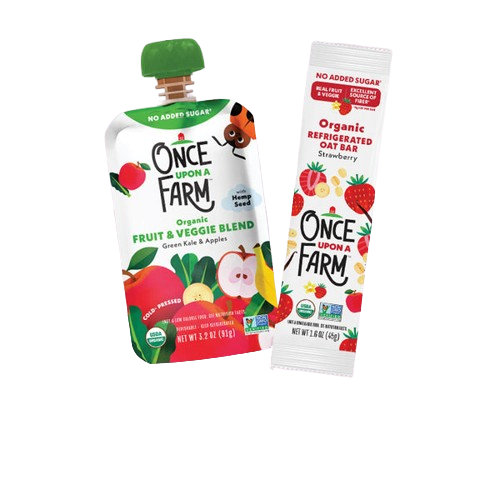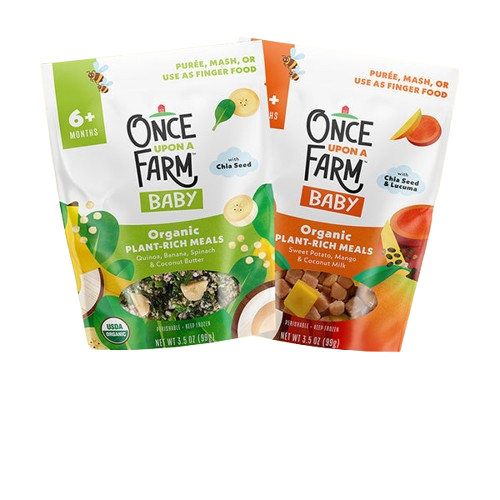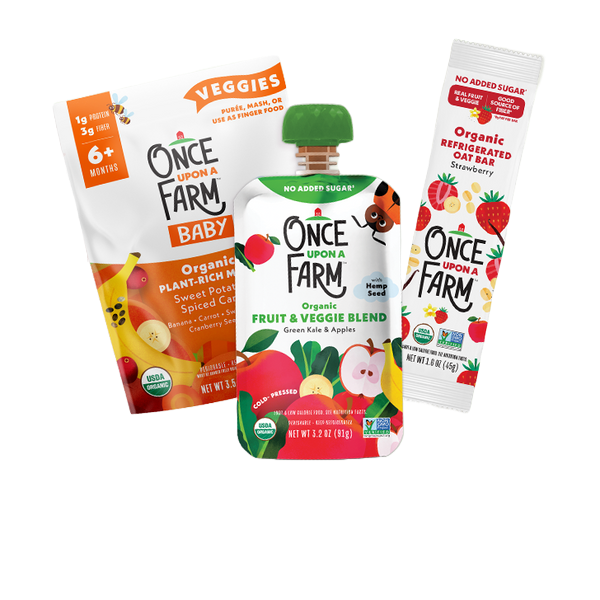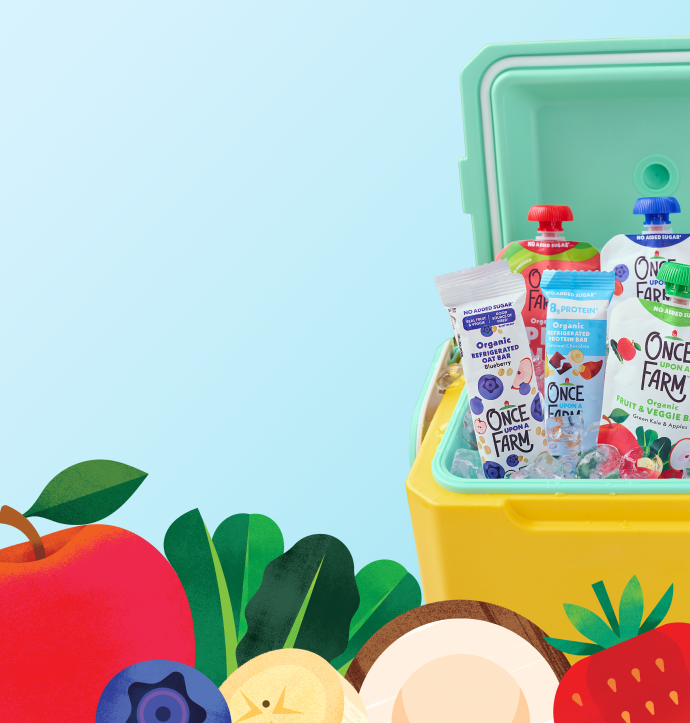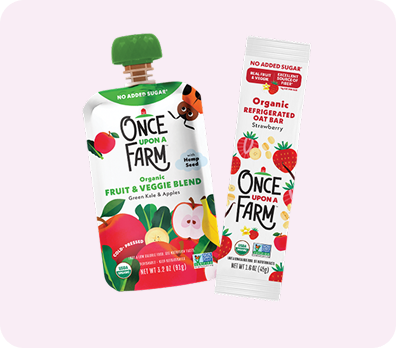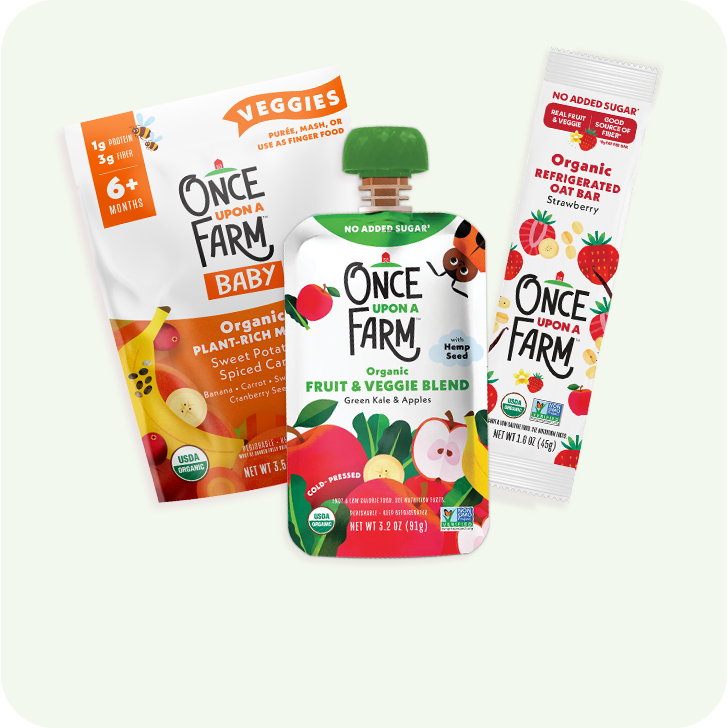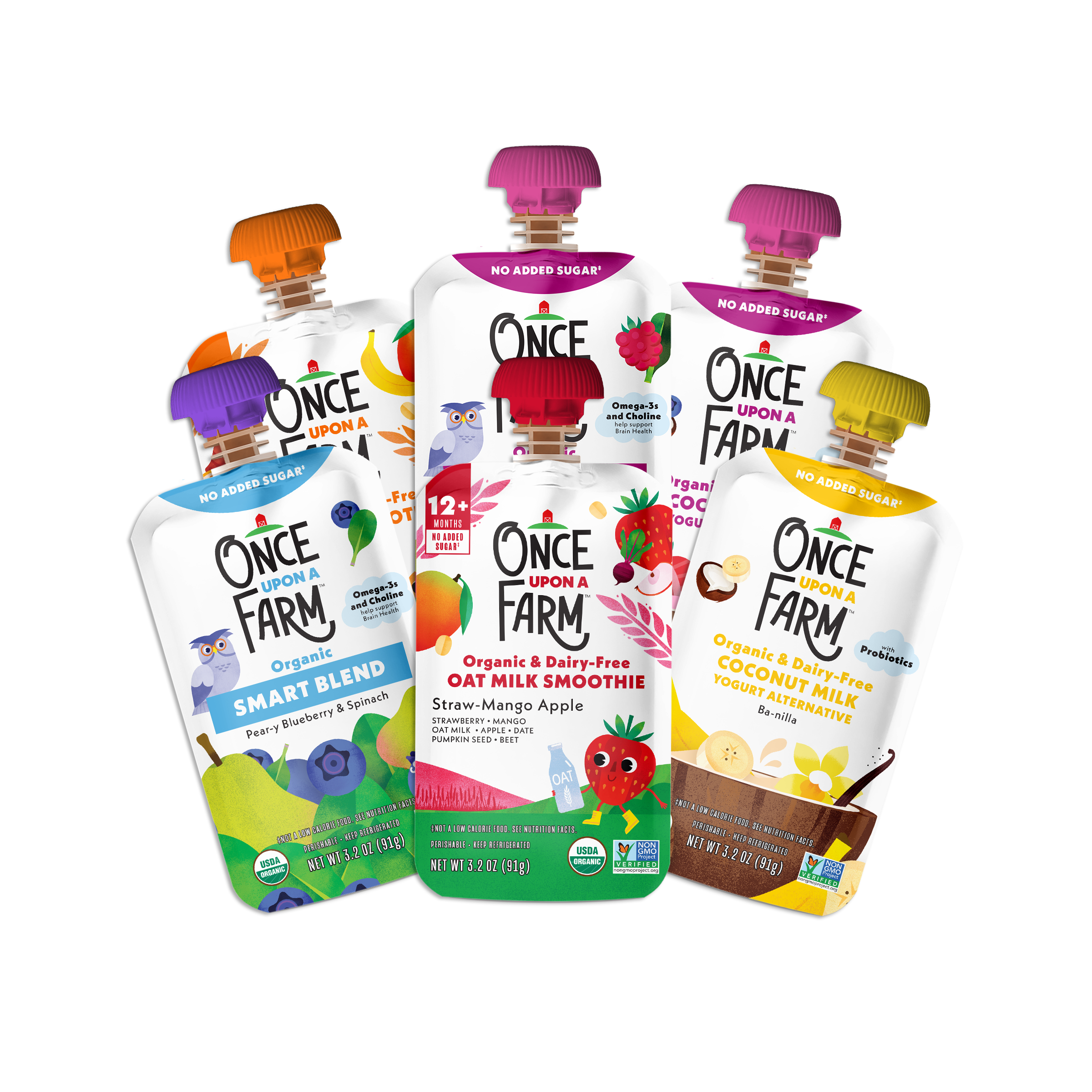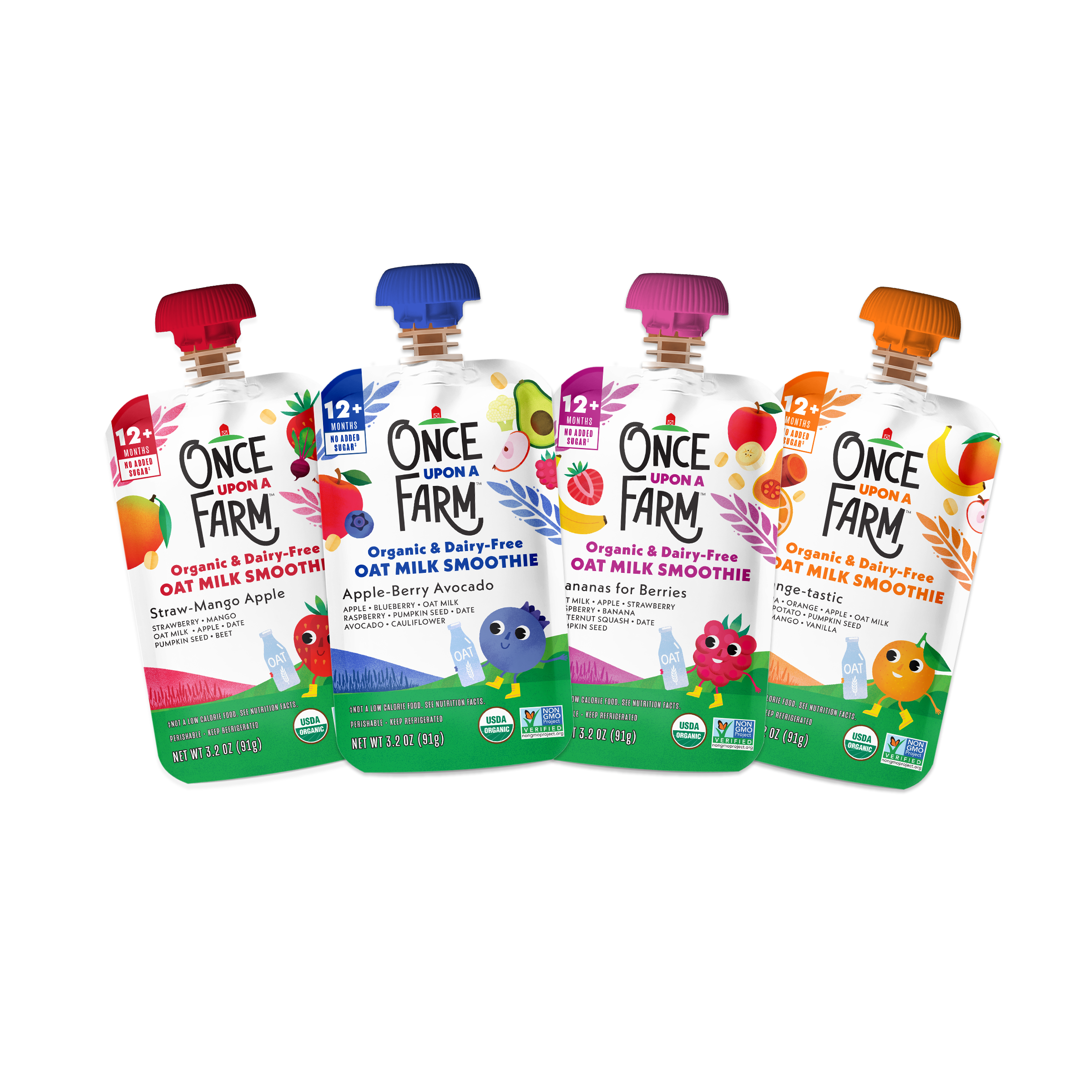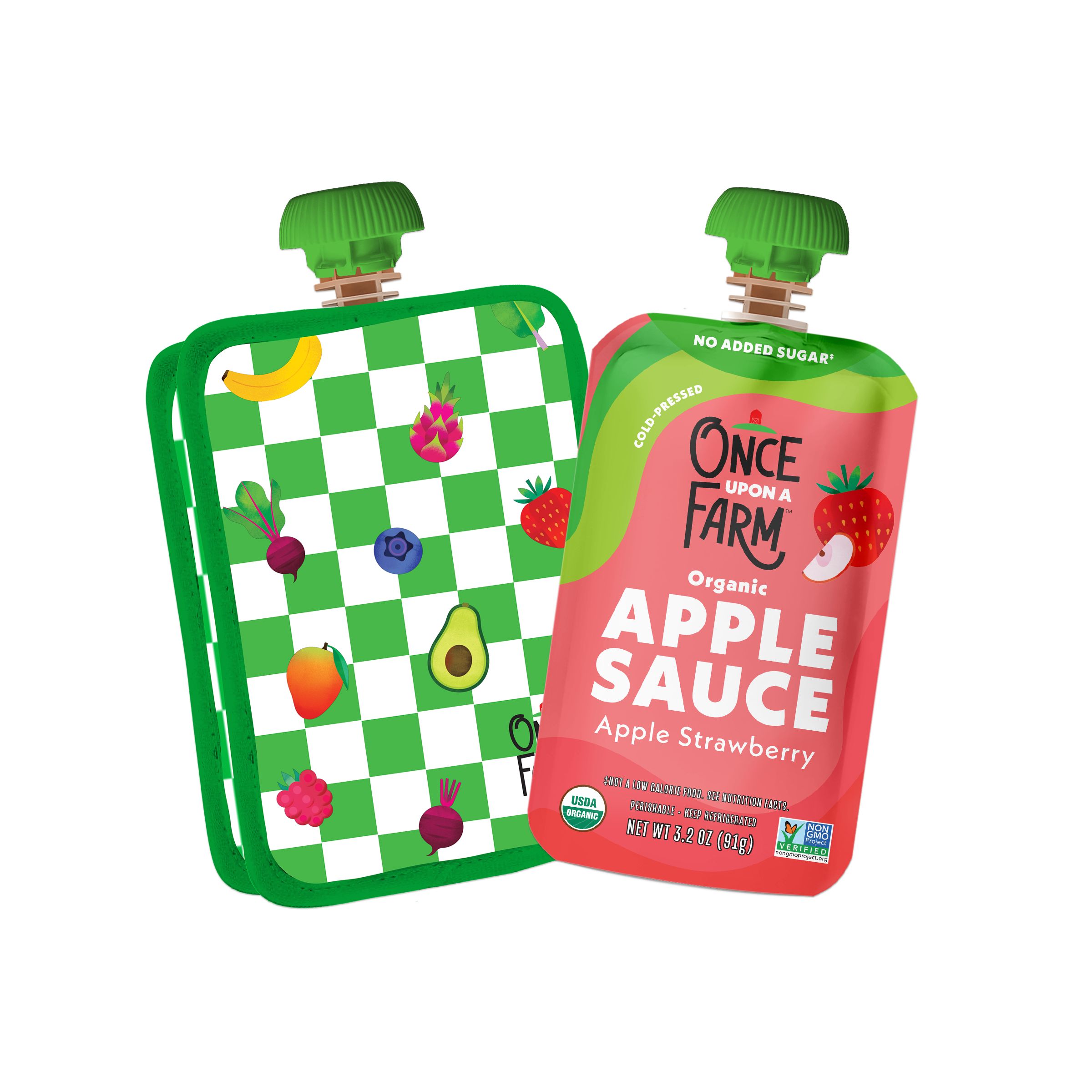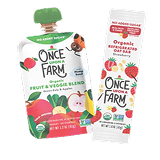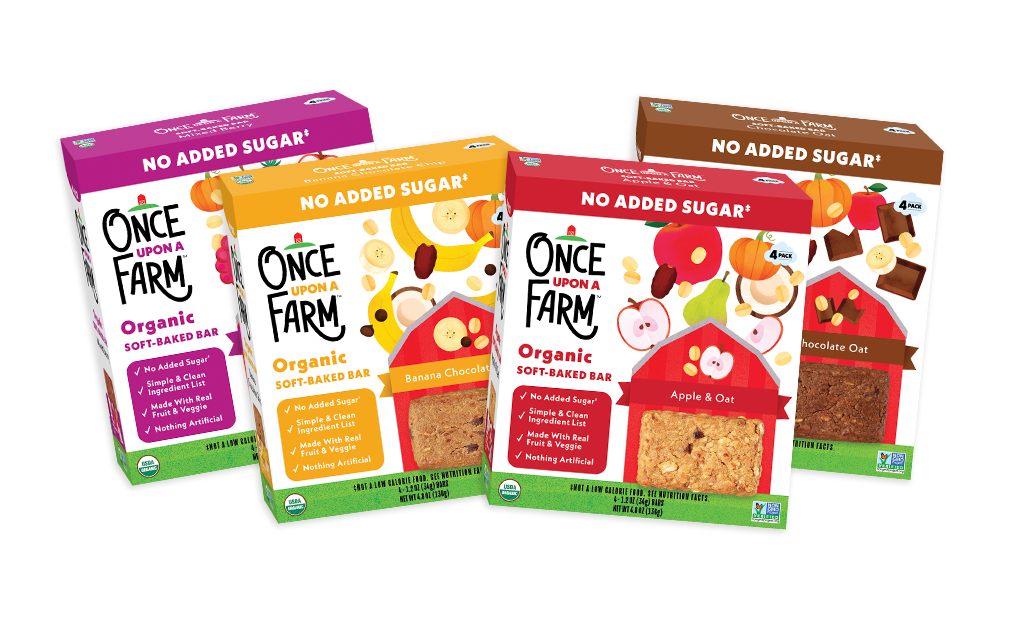Note: This blog is not medical advice and is for informational purposes only. For any specific nutrition recommendations, please refer to your child’s healthcare provider.
As parents, we want our kids to get everything they need, including the proper vitamins and minerals. But what do they really need and how do we know when they may not be meeting the adequate nutritional requirements? Board-certified pediatrician Dr. Krupa Playforth taps in.
Key Vitamins & Minerals for Kids
For babies and kids, “some vitamins and minerals that we focus on in infancy are iron, vitamin C, protein, fat, and vitamin D,” Dr. Playforth shares. “This does not mean that the others are less important,” she says, “just that it may be easier to meet nutritional needs for some of the others.”
Do Kids Get the Vitamins & Minerals They Need in Their Diet?
With a typical diet, most kids will get their nutritional needs met (yes, even picky eaters). “This is because the amounts that are required are really very small, and they can be stored in the body, which means that our bodies can withstand the typical fluctuation in dietary intake day by day.” Dr. Playforth tells us.
For breastfeeding babies, they may not be meeting their iron and vitamin D needs. “It is for these infants, in particular, that we try to ensure that there is attention paid to supplementation and/or ensuring adequate dietary intake once beginning complementary foods.” She explains. When it comes to formula, the US must meet rigorous nutritional standards, including ensuring it meets the recommended daily intake for the nutrients a baby needs to grow and develop.
When starting solids, all children likely need a diet rich in iron. Pediatricians like Dr. Playforth recommend iron is paired with foods rich in vitamin C to enhance absorption and bioavailability.
Some babies and young children may be missing entire food groups due to allergies or other reasons. In these cases, there may be an increased risk for dietary deficiencies. Dr. Playforth says, “Children who cannot consume animal products are at higher risk for vitamin B12 and iron deficiencies, so supplementation is sometimes recommended for these children.”
Strategies for Getting Picky Eaters (or Those with Restricted Diets) the Proper Nutrients?
Firstly, offer a range of foods. Fruits and vegetables offer a variety of vitamins and minerals. “Try to offer a rainbow array of food with every meal,” Dr. Playforth suggests, “and make sure that you’re offering iron-rich options with every meal (including fortified cereals).” She also recommends ensuring iron-rich meals contain vitamin C-rich components to enhance iron absorption (as mentioned above). For children with food allergies or other health problems, speak with your pediatrician.
What About Multivitamins and Supplements?
Unfortunately, Dr. Playforth says, “the [multivitamin] industry has a tendency to capitalize on our anxieties as parents.” This is notable once children enter toddlerhood and can become picky eaters. “Parents sometimes search out solutions such as supplements in an effort to ensure their children are getting nutrients they perceive are missing from their child’s diet.” But Playforth reminds us that even picky eaters get the nutrients they need if they’re eating from each food group even a few times per week.
“And we have no data that supplementation has any clinical impact,” Dr. Playforth adds. “Even with third-party tested supplements, there still isn’t great evidence about dosing and safety of vitamins and supplements in pediatric populations.”
When to Consult Your Doctor + Warning Signs of Deficiency
If you are concerned about your child’s nutrition, Dr. Playforth recommends starting a diary and detailing everything they eat. You can take this to your pediatrician who can help you review it and give recommendations based on the facts, as well as your child’s unique needs. You can also ask for a referral to a registered dietitian.
“For the typical American child without underlying health issues or chronic illness/malabsorption, these nutrient deficiencies are exceedingly rare.” If you’re concerned, however, it’s never wrong to contact your pediatrician.
Is There a Concern for Overdosing?
Yes. As Dr. Playforth says, “More is not necessarily better when it comes to vitamins and minerals!” Excessive intake of certain vitamins can cause a range of symptoms. “This is why you should only begin a supplementation regimen under the close supervision of your physician.”
At the end of the day, remember most kids are getting their nutritional needs met already. However, if you have any concerns, contact your pediatrician—and maybe add some more fruits and veggies to your little one’s plate!

